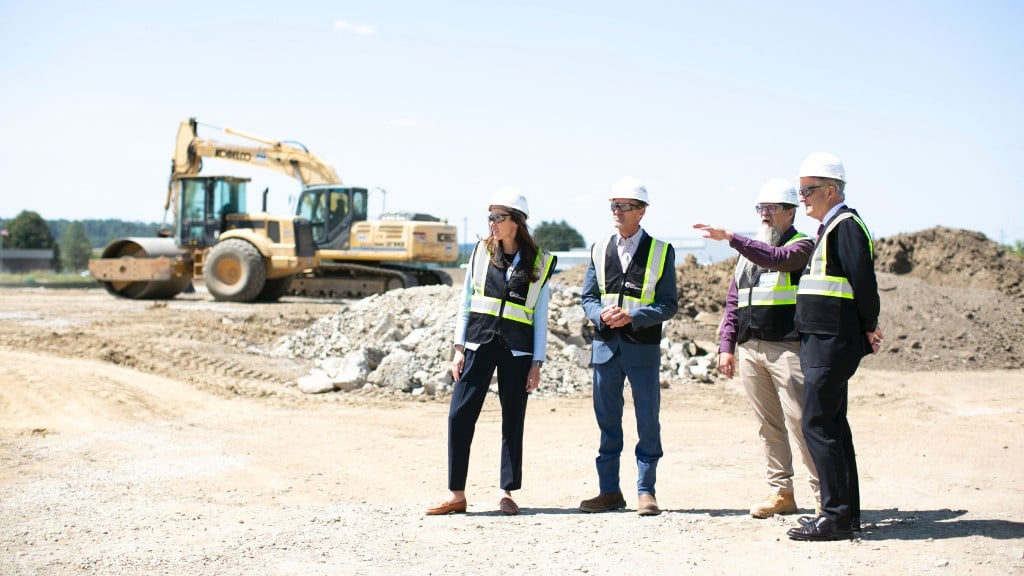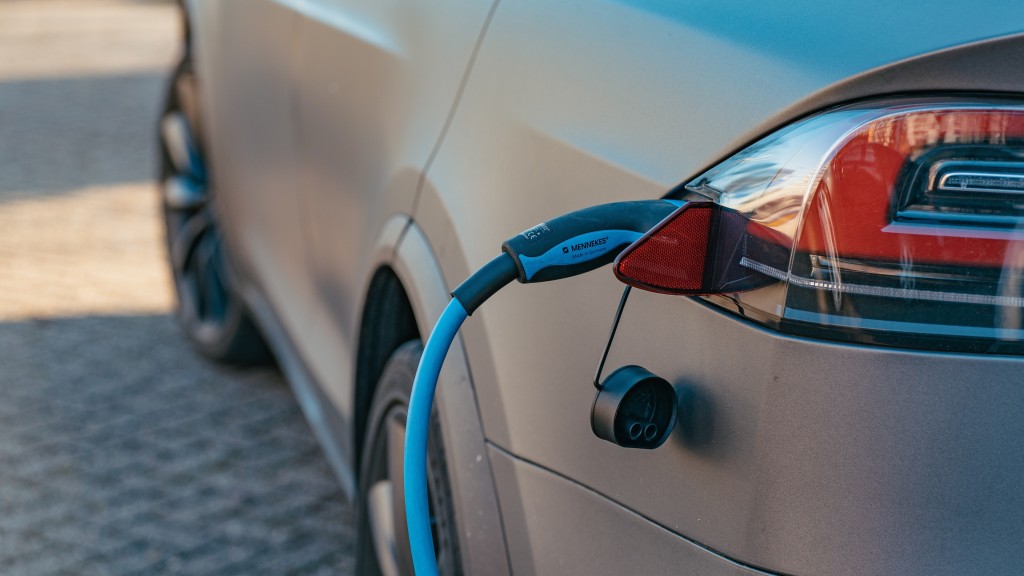
Cirba Solutions has hosted the U.S. Department of Energy officials at their Lancaster, Ohio, facility to tour the $400 million expansion of the lithium-ion battery recycling and processing facility. Cirba Solutions welcomed David Crane, the under-secretary for infrastructure at the U.S. Department of Energy, and Giulia Siccardo, director of the U.S. DOE Office of Manufacturing and Energy Supply Chains (MESC) to tour the large-scale expansion.
"Across the nation, more and more communities are experiencing the benefits of an American manufacturing renaissance thanks to President Biden's Investing in America agenda. With Cirba Solutions' first project from the Bipartisan Infrastructure Law coming online, Lancaster, Ohio, becomes a strategic focal point in DOE's efforts to build domestic battery manufacturing value chain, increase American competitiveness, strengthen U.S. supply chains, and create good-paying, high-quality jobs for the Buckeye state. I'm proud of the partnership we have created with Cirba Solutions as we reach this extraordinary milestone, and I look forward to our continued collaboration to build a future for Ohioans and all Americans that has never been brighter or cleaner," said David Crane.
Cirba Solutions is investing more than $400 million in the Lancaster, Ohio project, with sulfate production slated to be operational by 2026. This expansion will provide enough battery-grade metal salts to power more than 250,000 EV batteries annually. This expansion was made possible in part by a $75 million Cirba Solutions received under the DOEs MESC grant program as part of the Bipartisan Infrastructure Law.
"This is a testament of how a government-enabled and private-sector led approach can enable the future of vehicle manufacturing," said Giulia Siccardo. "Cirba Solutions is demonstrating how a strategic commitment to a circular, domestic battery supply chain can move the U.S. forward, create incredible economic opportunity, and strengthen our energy security."
The visit by the Under Secretary of Infrastructure Crane and Director Siccardo comes approximately one year after U.S. Secretary of Energy Jennifer Granholm took part in the facility's celebratory groundbreaking event.
"Being the first company to officially receive funding through the Bipartisan Infrastructure Law and being able to showcase the immense achievements we have made towards a more stable domestic supply chain, is something we do not take lightly," said David Klanecky, CEO and president of Cirba Solutions. "Increasing the supply of critical materials sourced in the U.S. is crucial to our national security, our pursuit in reducing carbon emissions and our goals around building a closed-loop supply chain. The support from the DOE has made it possible for us to expand our operations and operational footprint for the growing battery industry in the U.S., which has never been seen before in North America."
To celebrate the progress being made, U.S. Senator Sherrod Brown (D-OH) and U.S. Representative Balderson (R-OH-12) offices, as well as delegates from the City of Lancaster were all in attendance together to tour the lithium-ion battery processing facility expansion progress.
The demand for critical materials that are essential to battery manufacturing is growing. Lithium supply will continue to grow at a compound annual growth rate (CAGR) of 15 percent through 2033, while demand for nickel and cobalt is expected to double between 2023 and 2034. These market indicators also demonstrate that the supply of critical materials will come from recycled content. For example, 29 percent of cobalt demand is expected to come from recycled materials in 2040.
Market trends solidify the need for an increased supply of critical materials. The domestic processing of lithium-ion batteries plays a significant role in the future of critical materials and a closed-loop battery supply chain.



